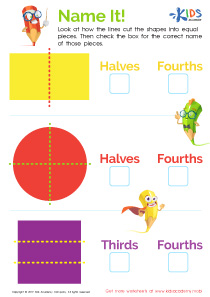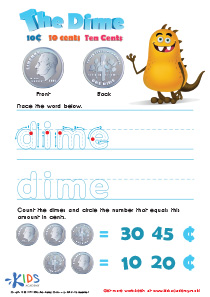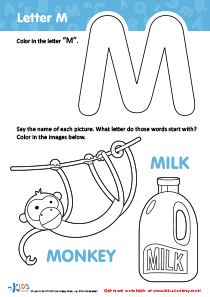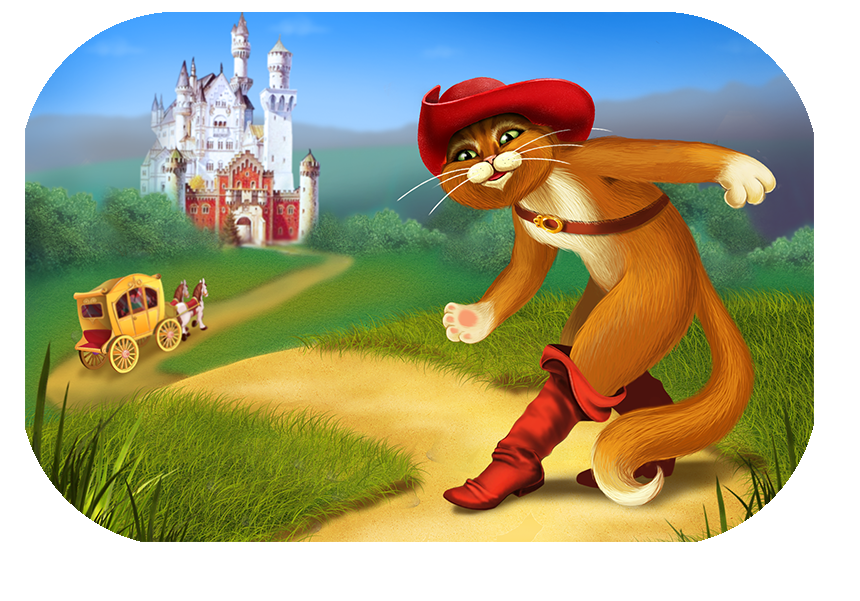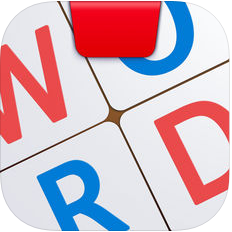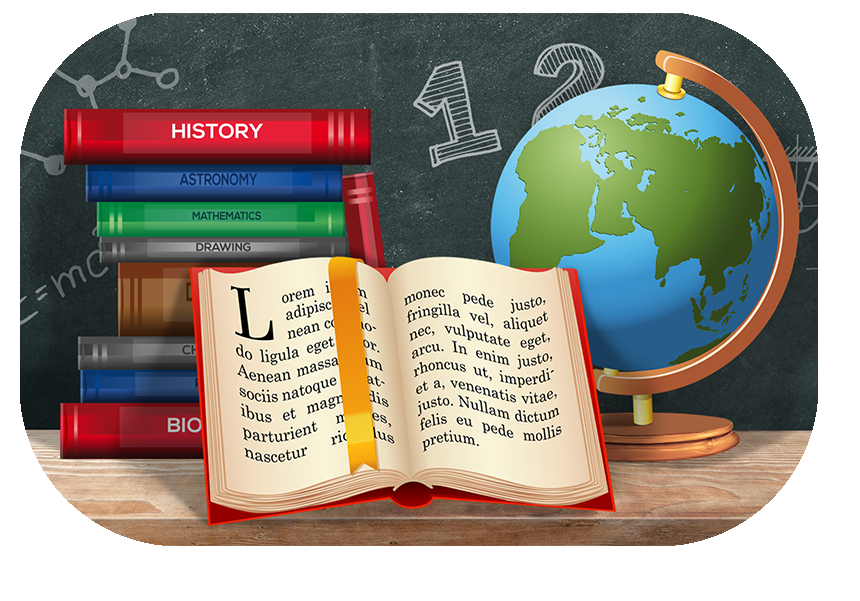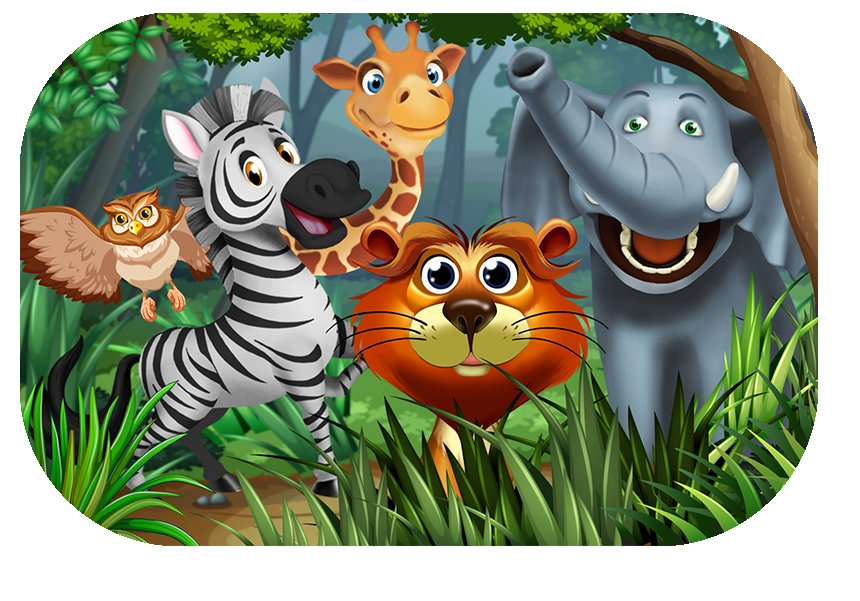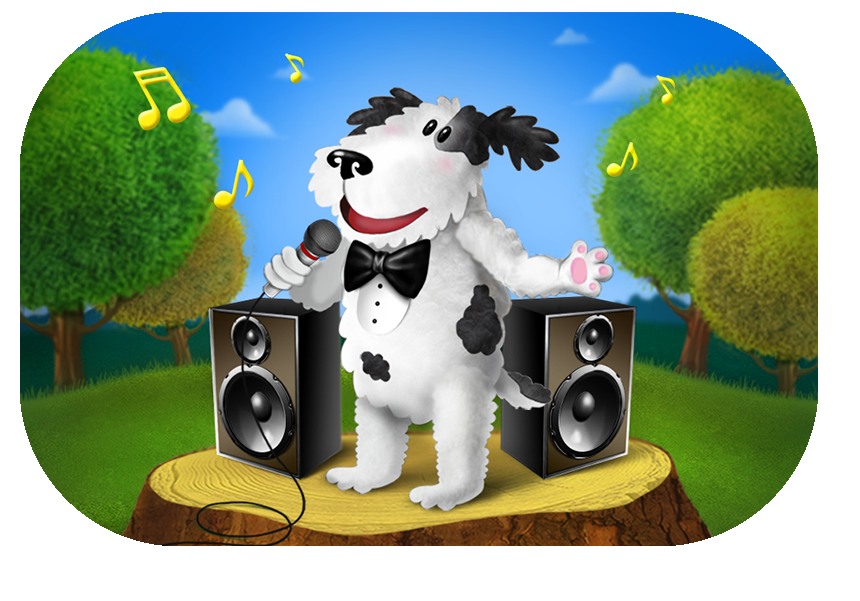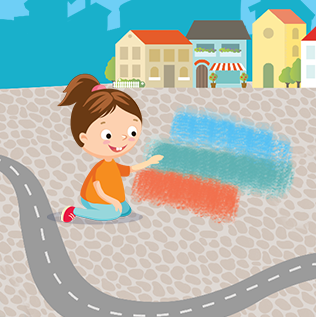English Language Arts Lessons | Phonics and Word Recognition, Kindergarten
0 results
Our Phonics and Word Recognition Lessons are designed to help Kindergarten children develop important literacy skills. With our interactive worksheets, educational videos, and assessment quizzes, your child will learn to recognize and decode words with ease. Our program emphasizes phonics, which is the key to mastering reading and writing in English. As your child progresses through our lessons, they’ll become more confident in their ability to read and interpret different types of texts. Our program is easy-to-use, fun, and engaging, so your child will love learning! Give your child the gift of literacy today with our Phonics and Word Recognition Lessons.
Phonics and Word Recognition Lessons for kindergarten-aged children can provide many benefits for their academic growth. These lessons are typically composed of interactive worksheets, educational videos, and assessment quizzes, organized to help students recognize and build a solid foundation of the basic principles of language learning. Here are the ways that these lessons aid in a child's development.
One of the most significant advantages of Phonics and Word Recognition Lessons is that they teach youngsters how to read. Reading comprehension and the ability to recognize words and language are essential skills that serve as the building blocks for subsequent educational pursuits. The ability to read at a young age can foster a love for learning, as children are intrigued by new writing and can turn to books for both entertainment and information.
The lessons help children develop their language skills, including by allowing them to familiarize themselves with the sounds and rules of the language, such as how "c" sounds like "k" in "cat." By learning these simple rules early in their academic career, children are better equipped to approach more complicated words that follow non-phonetic spelling patterns. This instills in them a sense of self-confidence, which they can take with them in other aspects of their schooling.
Phonics and Word Recognition Lessons improve writing skills as well. When children learn how to read, they also learn how to write. They will understand that letters make up words, words make up sentences, and ideas and messages are conveyed through the written word. Children will be inspired to string words together to transform thoughts into written communication.
Because of their interactive nature, Phonics and Word Recognition Lessons also foster a child's love for learning. Kids love to engage in activities that they feel play a role in their education. That said, providing colorful worksheets, lively videos, and fun quizzes as part of a lesson can hold a child's attention and inspire the curiosity to discover what is next. This will leave them excited for school and eager to learn more from subsequent lessons.
Finally, Phonics and Word Recognition Lessons equip children with the skills to succeed in all areas of their academic journey. Learning to read opens up a world of possibilities for kids in school. It's easier to comprehend instructions from their teachers, follow along with class discussions, complete homework assignments, and study for tests. When children understand the basics of language and learning, they will easily transition into the study of other subjects.
In conclusion, Phonics and Word Recognition Lessons can positively impact a child's academic journey.

